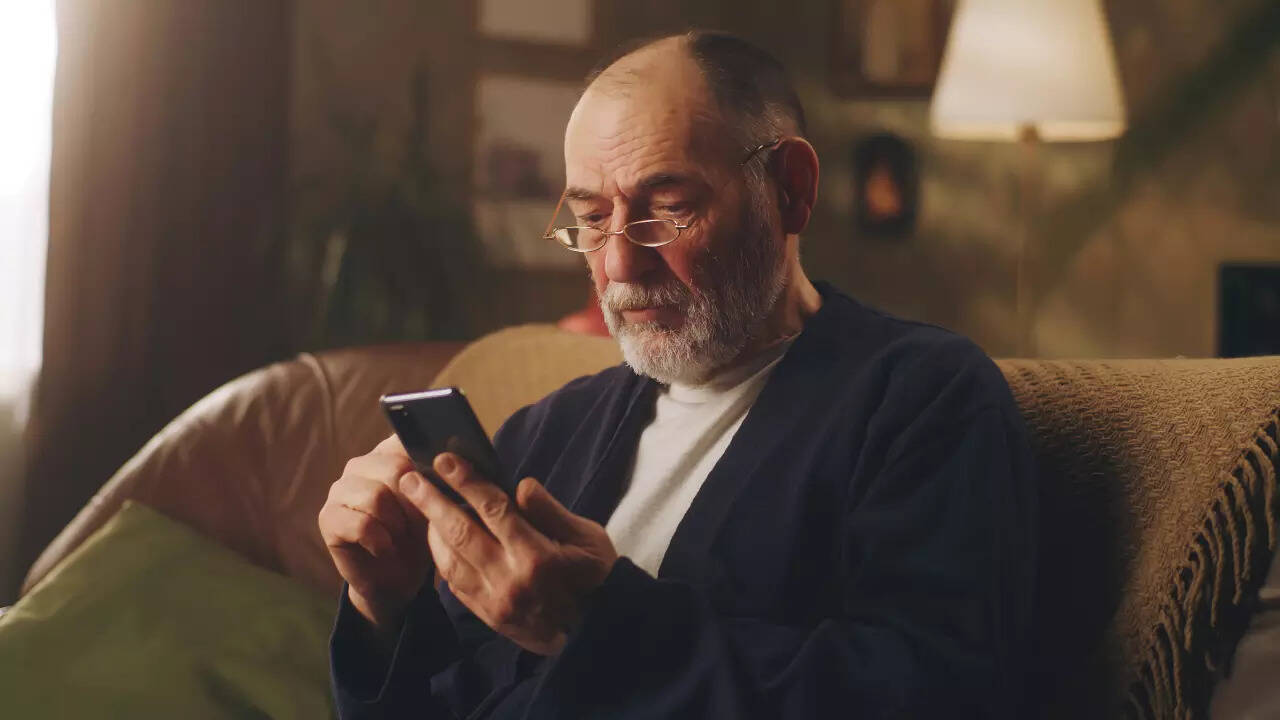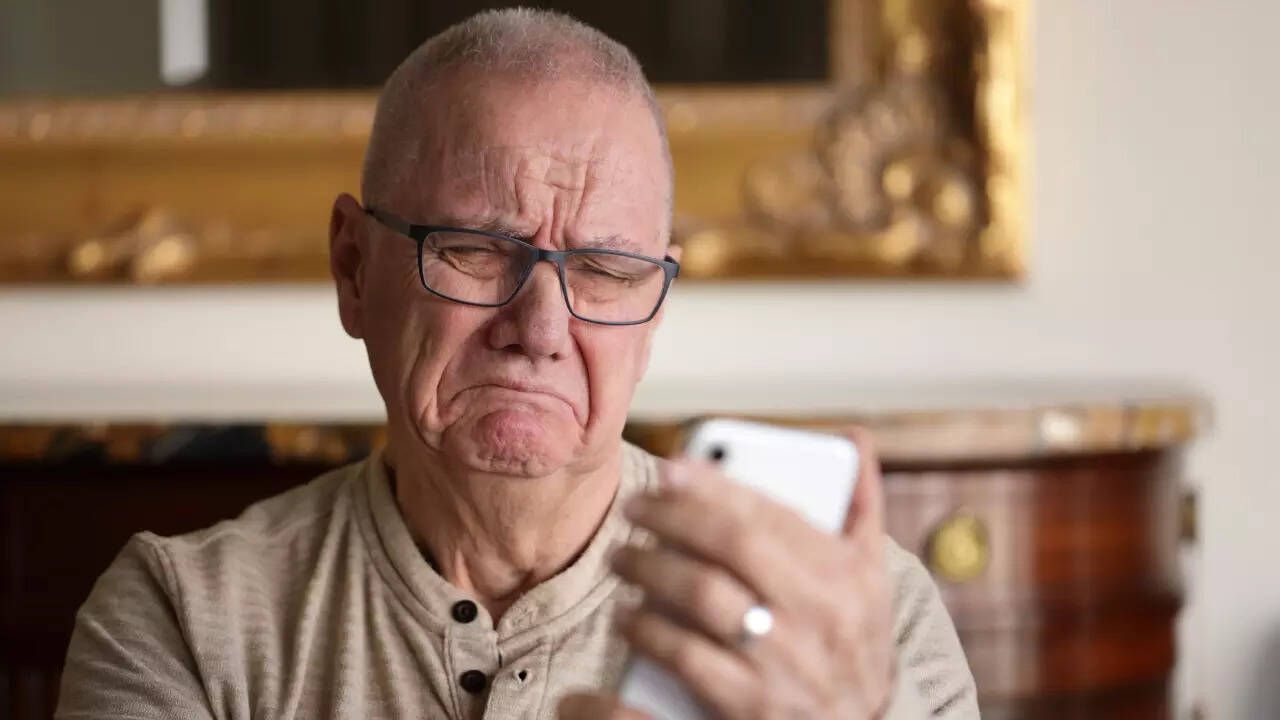Heart attacks affect millions of people worldwide. An estimated 17.9 million people died from CVDs in 2019, of which 85% were due to heart attack and stroke, according to the World Health Organization (WHO). Heart attacks often strike without a warning, and every second counts. But how do you survive a heart attack when you are alone? Dr. Jeremy London, a board-certified US cardiovascular surgeon with over 25 years of clinical experience, has shared some life-saving tips to survive a heart attack, especially when you are alone.Call emergency medical services

If you notice any of the signs or symptoms of a heart attack, it is important to act immediately. The moment you suspect a heart attack, call emergency medical services. Remember, every second counts. Inform the dispatcher of your symptoms and location clearly. If possible, stay on the phone. Delaying this could reduce your chances of survival or increase complications.Prepare for EMS arrival

Dr. London stresses that it is important to ensure emergency medical services (EMS) can reach you quickly. For this, you should ensure to make your home is accessible. “If it is nighttime, you are going to turn on the lights on your porch, so that EMS can identify your house. You’re gonna open or at least unlock the front door so EMS can access your house, because if you are incapacitated, they have no way to get in,” the cardiac surgeon said. These simple tips can help you get treatment immediately. Lie down or sit down

While you are waiting for help, it is important to find a comfortable position. Remember, you have to save energy and reduce strain on your heart. Dr. London recommends lying down on a couch or bed with your feet elevated. This posture can ease breathing and improve blood flow. If you feel sitting is better, stay seated, but ensure not to move much. Both these positions can avoid falling if you pass out, which could add injuries like a head trauma to an already dire situation.Call your family or loved ones

After calling the emergency medical services, ensure to contact a family member or friend to inform them of your situation. Also, let them know that EMS is on the way and you’re likely headed to the hospital. This will help your family or loved ones to follow up with medical staff, provide your medical history, or meet you at the hospital.
Along with these tips, also ensure to stay calm to act immediately. Timing is everything.
 Unews World
Unews World
